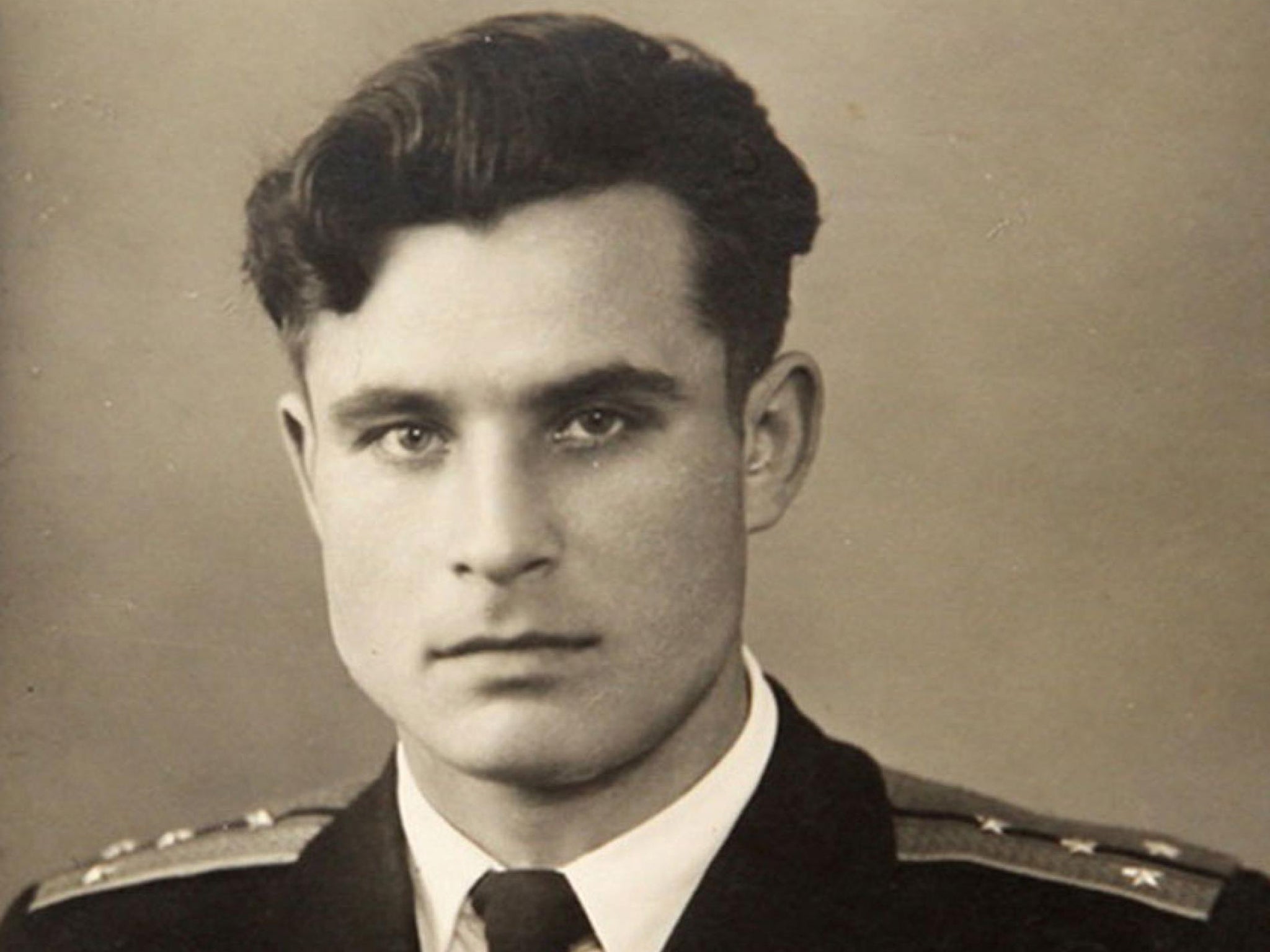Soviet officer Vasili Arkhipov who prevented nuclear war 50 years ago honoured in London
Bravery recognised at time when 'risk of nuclear war is on rise'

Your support helps us to tell the story
From reproductive rights to climate change to Big Tech, The Independent is on the ground when the story is developing. Whether it's investigating the financials of Elon Musk's pro-Trump PAC or producing our latest documentary, 'The A Word', which shines a light on the American women fighting for reproductive rights, we know how important it is to parse out the facts from the messaging.
At such a critical moment in US history, we need reporters on the ground. Your donation allows us to keep sending journalists to speak to both sides of the story.
The Independent is trusted by Americans across the entire political spectrum. And unlike many other quality news outlets, we choose not to lock Americans out of our reporting and analysis with paywalls. We believe quality journalism should be available to everyone, paid for by those who can afford it.
Your support makes all the difference.A Russian naval officer who refused to grant permission for the launch of nuclear torpedo at the height of the Cuban missile crisis is to be honoured in London almost 20 years after his death.
Vasili Arkhipov was aboard the B-59 Soviet submarine when an American destroyer, the USS Beale began to drop depth charges.
His captain Valentin Savitsky was unaware that they were non-lethal "practice" rounds intended as warning shots to force the vessel to surface.
As other US destroyers joined the Beale's attack Savitsky assumed that the submarine, which was carrying 10-kiloton nuclear torpedo, was doomed and that world war three had broken out.
He ordered that the torpedo be prepared for firing, its target the giant aircraft carrier, the USS Randolph.
Had this happened, nuclear radiation would have spread from the sea to the land, in all likelihood triggering US retaliation and plunging the world into a nuclear war.
To do so required the permission of three senior officers aboard the ship. Arkhipov refused.
The naval officer died in 1998 at the age of 72 with little public attention. But his bravery is finally due to be honoured at an event at the Institute of Engineering and Technology at the Savoy Place in London.
Organised by the Future of Life Institute, a not-for-profit organisation based in Boston, which works to mitigate existential risks faced by humanity including from nuclear weapons and advanced artificial intelligence, it will recognised what some have called "perhaps the single most valuable contribution to human survival in modern history".
A $50,000 (£38,182) prize is due to be collected by Mr Arkhipov's daughter, Yelena Andriukova, 65, and his grandson, Sergei, 34.
Mr Arhipov will become the first person to be honoured by the Future of Life Institute which scientific advisory board includes Stephen Hawking and Tesla chief Elon Musk.
Speaking to The Times, Beatrice Fihn, director of the International Campaign to Abolish Nuclear Weapons, said Mr Arkhipov's story shows how close to a nuclear catastrophe we have been in the past and how relevant his story is at a time when "the risk of nuclear war is on the rise".
Join our commenting forum
Join thought-provoking conversations, follow other Independent readers and see their replies
Comments